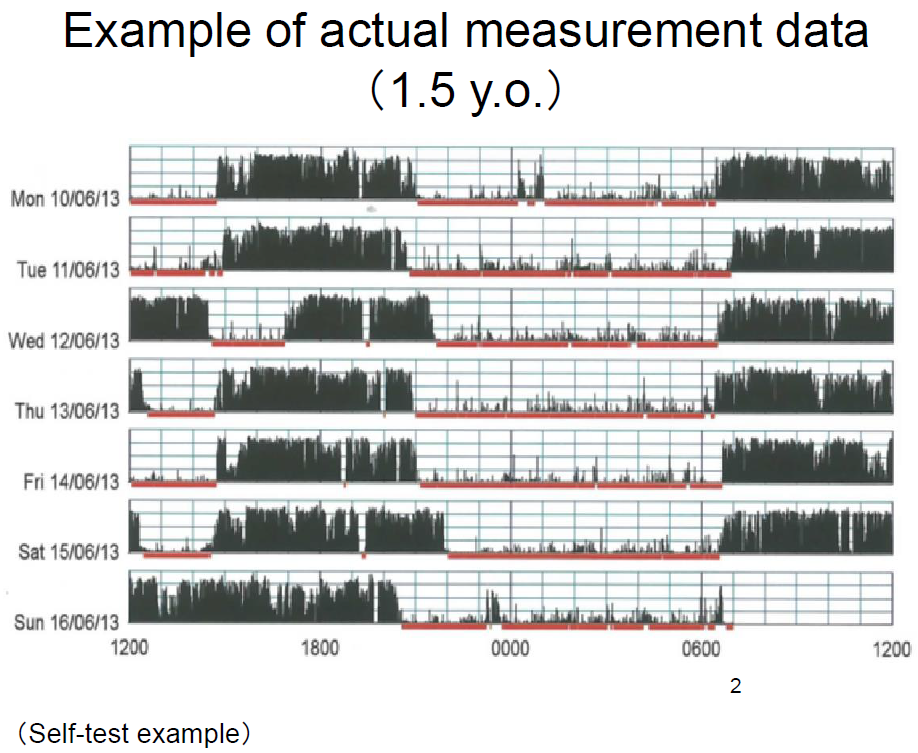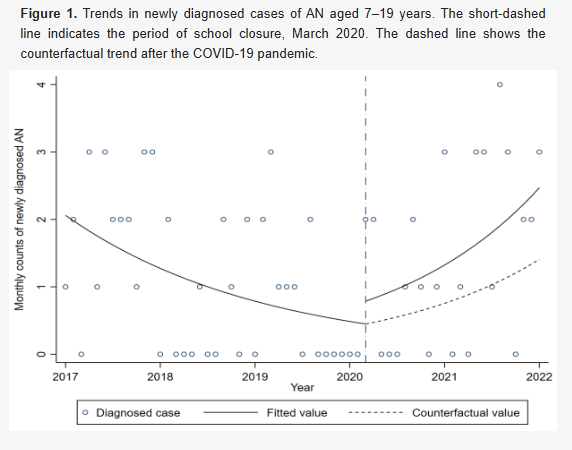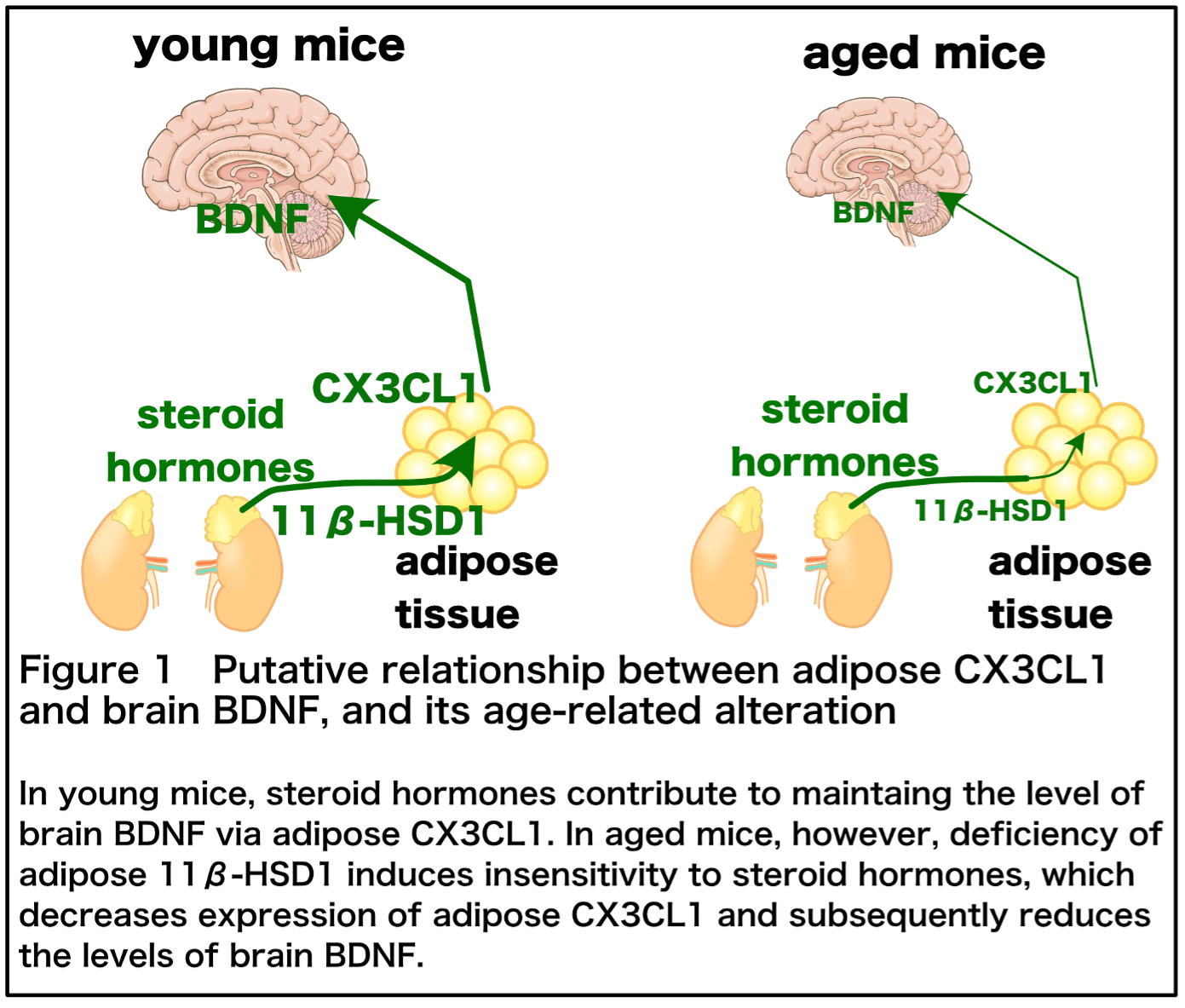Effects of co-sleeping and nighttime breastfeeding on the nighttime sleep of toddlers


Professor Hitoshi Yoda and Dr. Machiko Nakagawa of the Department of Neonatology, Toho University Omori Medical Center, together with researchers from St. Luke’s International Hospital, Akita University Hospital, Hokkaido University Hospital, Kanazawa University, and Japanese Red Cross Medical Center, investigated the effects of co-sleeping and nighttime breastfeeding on the nighttime sleep of toddlers aged 1.5 years, the age at which basic sleep patterns are initially formed. A total of 106 healthy toddlers wore an actigraph (sleep monitor) for one week and the recordings were analyzed. The results showed that the duration of nighttime sleep of toddlers was reduced by nighttime breastfeeding, while co-sleeping had no effect. It has been suggested that both nighttime breastfeeding and co-sleeping, which is common in Asian countries, may interfere with the nighttime sleep of toddlers, however, most previous studies have been based on questionnaire surveys. In this study, we used a sleep meter (monitor) to objectively confirm that co-sleeping does not interfere with toddlers’ nighttime sleep. It was also confirmed that long naps shortened the duration of nighttime sleep. The results of this study indicate that appropriate advice to caregivers on how to breastfeed and adjust the length of toddlers’ naps may help alleviate infantile nighttime sleep deprivation, as well as the accompanying anxiety and sleep deprivation of caregivers.

READ MORE RESEARCH NEWS - MEDICINE
Undergraduate Programs
– Medicine
– Pharmaceutical Sciences
– Science
– Nursing
– Health Science
Graduate Programs
–Medicine
–Pharmaceutical Sciences
–Science
–Nursing
RESEARCH
– News
– Guidelines & Policies
– Support Offices
– Facilities
– Security Export Control
Non-Degree Programs
– Clinical Elective Program
– International Physician Observership Program




